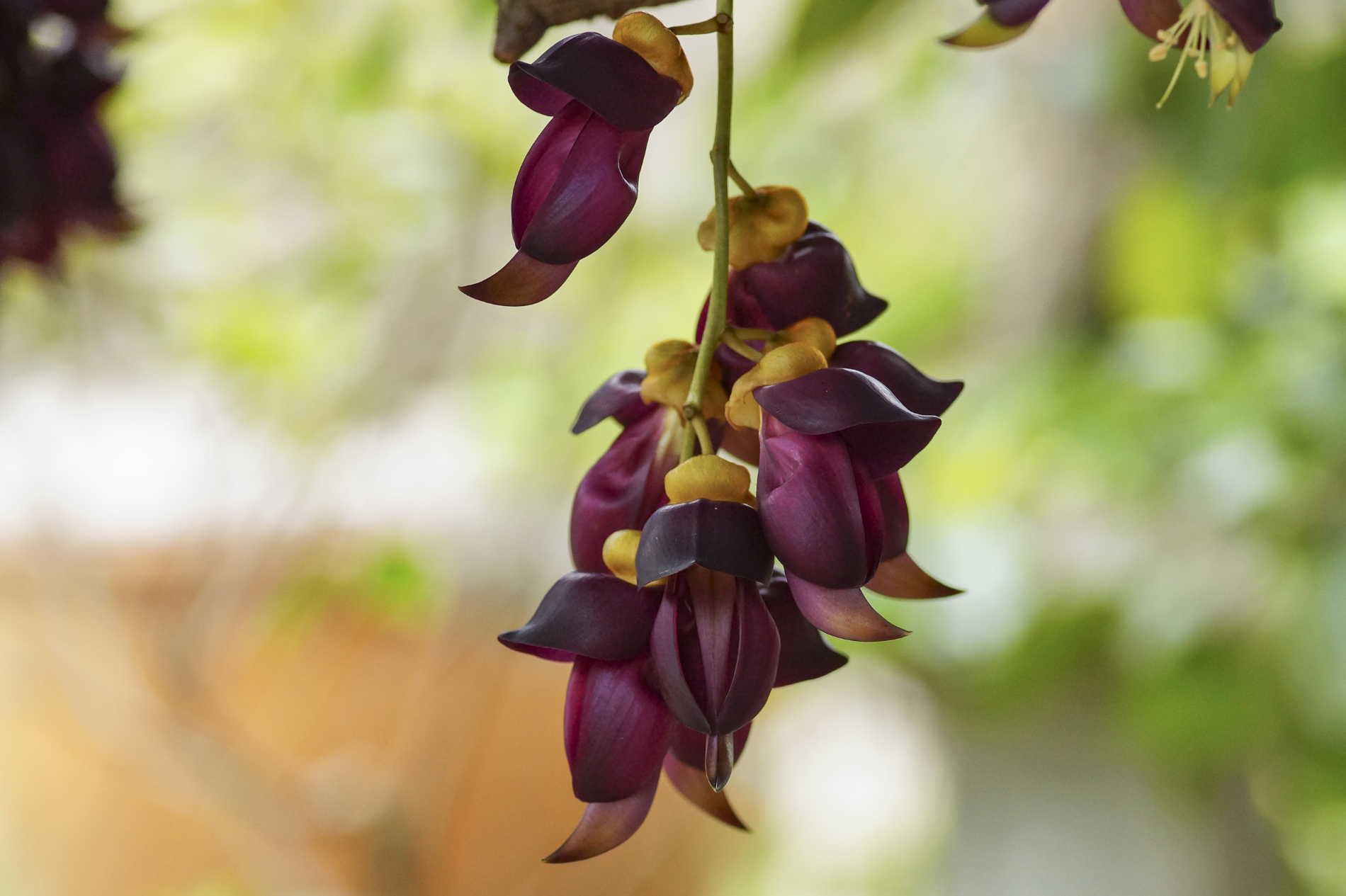Introduction
Yellow sweet clover (Melilotus officinalis), also known as honey clover or sweet clover, is a plant that has been used in folk medicine for centuries. Originally native to Europe and Asia, it is now found all over the world. The discovery and use of this plant as a remedy has a long history dating back to ancient times. Its healing properties were first documented by the ancient Greeks and Romans, who used it to treat inflammation and promote wound healing.
Forms of application and dosage
Yellow sweet clover can be taken in various forms. The most common are tea, tinctures and capsules. Tea is prepared from the dried flowers and leaves of the plant. Take about 2 to 3 grams of dried herb and pour 250 milliliters of boiling water over it. After a brewing time of 10 to 15 minutes, the tea can be drunk. It is recommended not to drink more than three cups a day.
For tinctures, the usual dosage is 20 to 30 drops three times a day. Capsules should be taken according to the instructions on the packaging, with the recommended dose usually being 1 to 2 capsules per day.
Yellow sweet clover: medicinal uses and effects on the organism
It is known for its many health-promoting effects. The most important areas of application are
- Circulatory disorders: Due to its high coumarin content, it has a blood-thinning effect and can thus improve blood circulation. This makes it particularly valuable in the treatment of chronic venous insufficiency and varicose veins.
- Anti-inflammatory: The plant has strong anti-inflammatory properties, which can be helpful in the treatment of arthritis, rheumatic complaints and other inflammatory diseases.
- Lymphatic drainage: It promotes the drainage of lymphatic fluid and can be used to treat lymph congestion, swelling and oedema.
- Wound healing: Applied externally, it supports the healing of wounds, ulcers and skin inflammations.
The active ingredients contained in yellow sweet clover, in particular coumarins, dilate the blood vessels and promote blood circulation. This reduces the risk of blood clots and improves the oxygen supply to the tissue. The anti-inflammatory properties are based on the inhibition of certain enzymes that are involved in inflammatory processes.
Yellow sweet clover: when is it used?
It should be taken in cases of circulatory disorders, inflammatory diseases or lymph congestion. It can also be helpful to support wound healing and for chronic venous insufficiency.
Yellow sweet clover: who should not take it?
Certain groups of people should not take it. These include:
- Pregnant women and breastfeeding mothers: As its safety during these stages of life has not been adequately studied, it is not recommended to take it.
- People with liver disease: Coumarins can stress the liver, so people with liver problems should avoid yellow sweet clover.
- People with blood clotting disorders or before operations: Due to its blood-thinning effect, the risk of bleeding may be increased.
Food supplements and medicinal plants
Ginkgo biloba, horse chestnut and gotu kola can also be taken to support the positive effects of yellow sweet clover. These plants also have circulation-promoting and anti-inflammatory properties. Ginkgo biloba improves blood circulation and supports cognitive functions. Horse chestnut is known for its positive effect on vein function and gotu kola promotes wound healing and strengthens connective tissue.
Foods with similar properties
Certain foods contain similar active ingredients to yellow sweet clover and can complement its effects. These include garlic, ginger and turmeric. Garlic has a blood-thinning effect, ginger has anti-inflammatory properties and turmeric is known for its strong antioxidant effect.
Yellow sweet clover: side effects and overdose
As with many medicinal plants, it can also have side effects. The most common include gastrointestinal complaints such as nausea and diarrhea. Allergic reactions can occur in rare cases. The coumarins contained in yellow sweet clover can lead to blood clotting disorders if taken in excess, which increases the risk of internal bleeding. An overdose can also lead to headaches and dizziness.
Use in naturopathy
Yellow sweet clover is traditionally used in various forms of naturopathy. In homeopathy, it is used to treat venous disorders and hemorrhoids. It also plays an important role in traditional European herbal medicine, particularly in the treatment of chronic wounds and inflammation.
Conclusion
Yellow sweet clover is a versatile medicinal plant with a long history in traditional medicine. Thanks to its anti-inflammatory, circulation-promoting and wound-healing properties, it can be used for various ailments. However, it is important to adhere to the recommended dosage and pay attention to possible side effects and contraindications. When used correctly, it can be a valuable addition to natural health care.




